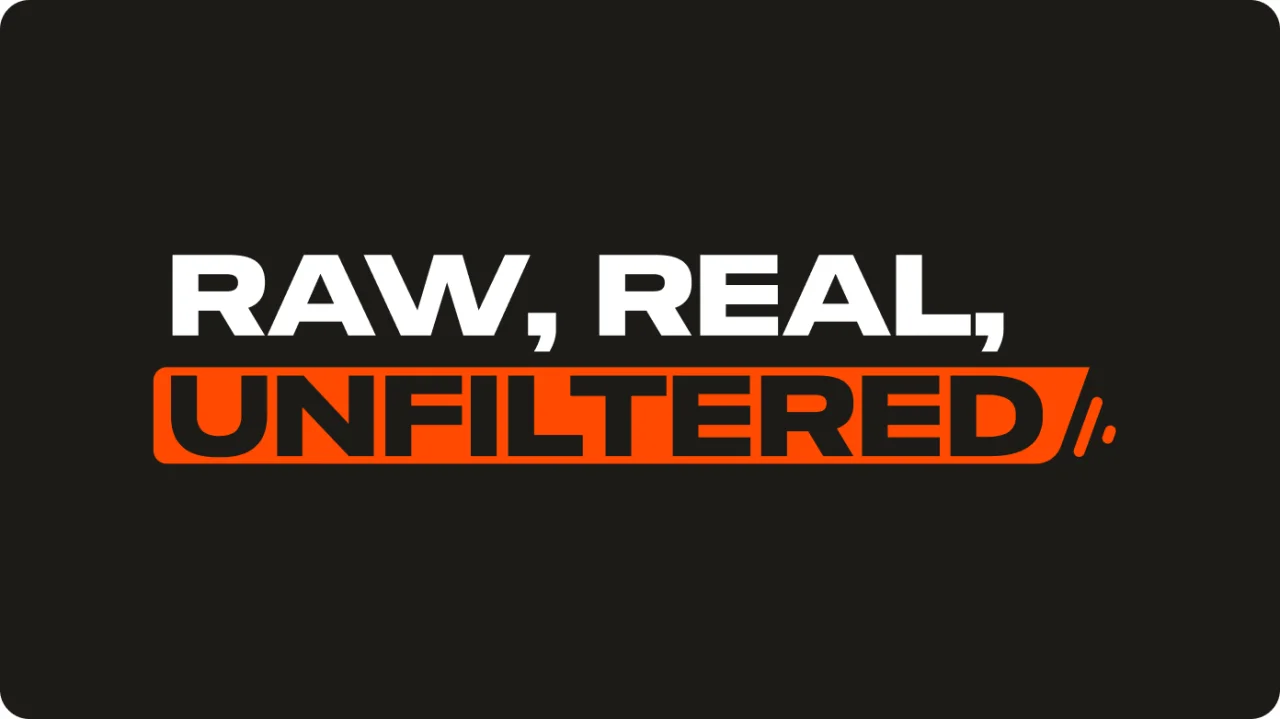Legal
How to Negotiate Contracts Like a Pro
(Without a Law Degree)
AUTHOR
PUBLISHED


Bad contracts can cost more than no contract at all.

Key Takeaways

Get Bizee Podcast
Join us as we celebrate entrepreneurship and tackle the very real issues of failure, fear and the psychology of success. Each episode is an adventure.

